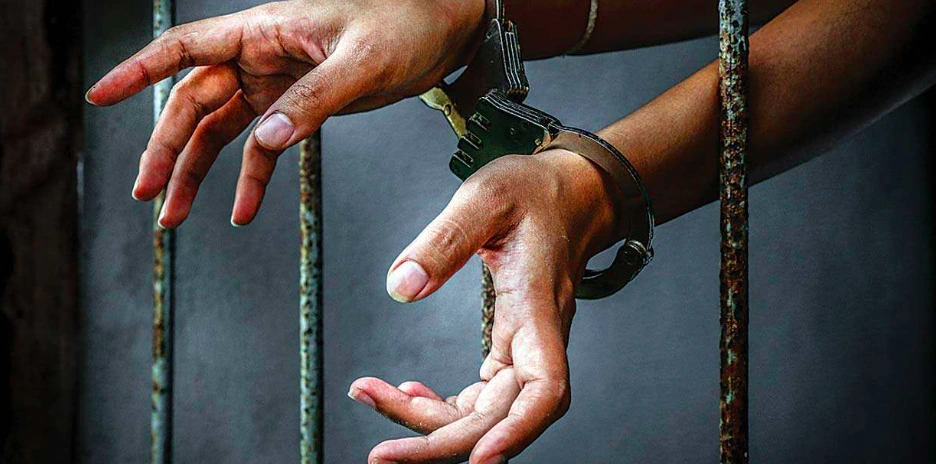Facing arrest and booking can leave you feeling confused and anxious. Understanding the steps ahead is crucial. After the police arrest you, they take your fingerprints and photographs. They collect personal details like your name and address. This process is called booking. Next, you’re placed in a holding cell. Then, you may contact a defense lawyer. This legal expert will guide you through the upcoming procedures. They can provide support and protect your rights. Soon after, you’ll attend a court hearing. The judge will explain the charges against you and decide if you can be released on bail. This decision depends on your past record and the offense’s nature. It’s important to stay informed and prepared during this challenging time. Knowing what to expect helps in keeping your emotions steady. Remember, each step in this process has serious consequences. Make sure you’re ready with the right support.
Initial Court Appearance
At the first court appearance, the judge will explain your rights and the charges. This is called an arraignment. You can plead guilty, not guilty, or no contest. If you plead not guilty, the case moves forward. It is critical to have a defense lawyer present to advise you during this stage.
Bail and Release Options
The judge will consider releasing you on bail. Bail is a set amount of money that acts as insurance between you and the court. If you cannot afford bail, you might need to stay in jail until your court date. Sometimes, judges offer alternatives like release on your own recognizance, which means you promise to show up for court without paying bail. Each option depends on your specific situation, including the charges and your history.
Pre-Trial Steps
After arraignment, the pre-trial phase includes gathering evidence, witness interviews, and legal motions. Your defense lawyer will work to build the best case. This phase is crucial for your defense. Here’s a simple comparison of your options during this stage:
| Option | Description |
| Plead Guilty | Admit to the charges and accept potential penalties. |
| Plead Not Guilty | Deny charges and prepare for trial. |
| No Contest | Do not admit guilt but accept the penalty. |
Trial Process
If your case goes to trial, it is crucial to be prepared. Trials involve presenting evidence, questioning witnesses, and making arguments. The judge or jury will decide your guilt or innocence. This process can be lengthy and complex. Throughout this time, clear communication with your lawyer is vital.
Possible Outcomes
Once the trial ends, there are several possible outcomes. You may be found guilty, not guilty, or the case could end in a mistrial. A guilty verdict could lead to probation, fines, or jail time. Each outcome significantly impacts your life, so understanding these possibilities is important.
Post-Trial Steps
After the trial, if found guilty, sentencing follows. The judge will consider factors like your criminal history and the offense’s severity. Sentencing can include incarceration, probation, community service, or fines. If you believe the verdict was unfair, you can discuss appealing the decision with your lawyer.
Rehabilitation and Moving Forward
After serving your sentence, reintegrating into society is critical. Programs exist to help with job searches, housing, and education. These resources are designed to assist you in getting back on your feet and avoiding future legal trouble.
In conclusion, every step from arrest to post-trial plays a vital role in the legal process. Understanding these stages helps you navigate them with confidence and security. Facing legal issues is daunting, but with the right knowledge, support, and resources, you can manage the challenges effectively.
Welcome to our blog! My name is Yuvraj Kore, and I am a blogger who has been exploring the world of blogging since 2017. It all started back in 2014 when I attended a digital marketing program at college and learned about the intriguing world of blogging.


